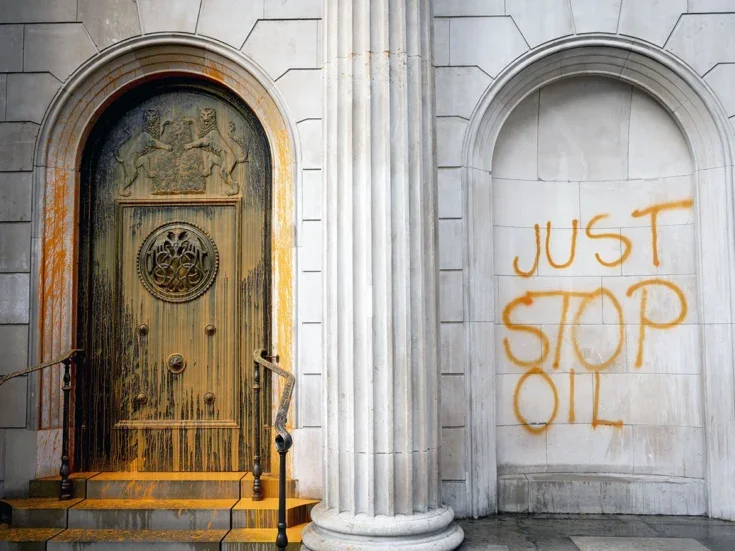Tax avoidance is not illegal provided that no dishonesty is involved in the implementation of the scheme
There is an epidemic of naming and shaming of tax avoiders, says barrister Tessa Lorimer. But is it counterproductive? And who is doing the naming?
LAST MONTH THE Rt Hon Margaret Hodge MP, chair of the Public Accounts Committee, said that the ‘promoters of “boutique” tax avoidance schemes like the one brought to our attention by the case of Jimmy Carr are running rings around HMRC.’
‘The complexity of tax law creates opportunities for avoidance… HMRC should publically name and shame those who sell or use tax avoidance schemes to discourage such activity.’
Then last week George Osborne announced in his Budget speech that the Government is planning to ‘name and shame’ the promoters of tax avoidance schemes. But will such measures have the effect which both George Osborne and Margaret Hodge desire?
Tax evasion is, of course, illegal and involves dishonesty. HMRC has always published the names those persons who are convicted of cheating the Revenue, promoters and investors alike.
On the other hand, tax avoidance – including so called ‘aggressive’ tax avoidance schemes which are contrived arrangements designed to exploit loopholes in the tax legislation to gain a tax advantage not intended by Parliament – is not illegal provided that no dishonesty is involved in the implementation of the scheme.
ARGUABLY, THE ‘NAMING and shaming’ of the promoters of tax avoidance schemes will have the opposite effect to that desired by the chancellor. Designers and promoters of avoidance schemes have always extensively advertised their schemes and naming and shaming publicity will probably be good for business.
Tax avoidance schemes are readily available and promoted on the internet by reputable firms of accountants, solicitors and banks as well as ‘boutique’ firms, and the demand for such schemes remains very high despite the potential financial risks to the investor should the scheme fail to deliver the tax advantages claimed by its promoters.
In 2011-12 there were at least 324 different schemes in use, and in the last two years around ten thousand people have reported the use of a tax scheme to HMRC. Tax incentives used by the Government to stimulate economic activity are more often than not an opportunity for promoters of avoidance schemes to design a new catalogue of schemes.
To publish the details of investors in such schemes may have the desired effect but, in my view, such publicity should only take place if accompanied by a change in the law.
Section 18(1) of Commissioners for Revenue and Customs Act 2005 prohibits disclosure of information about individual taxpayers and Section 19 of the Act contains criminal penalties for unlawful disclosure by a public official. Section 18(2)(a) of the Act permits disclosure of information which is made ‘for the purposes of a function of the Revenue and Customs’.
However, so far HMRC has taken the view that this does not permit providing information which would identify a specific taxpayer because of the potentially damaging effects on voluntary compliance by taxpayers and the possible damaging impact on the department’s reputation for impartiality.
So if I were Jimmy Carr – or any other celebrity attacked in the press for their tax arrangements – perhaps the key question would not concern the status of my tax affairs, but how details of them became public knowledge. Tessa Lorimer is a barrister and tax fraud adviser at law firm GSC Solicitors LLP
Read more on naming and shaming from Spear’s
Read more on tax from Spear’s
Don’t miss out on the best of Spear’s articles – sign up to the Spear’s weekly newsletter
[related_companies]





